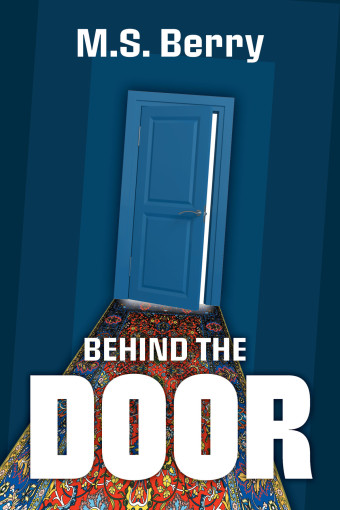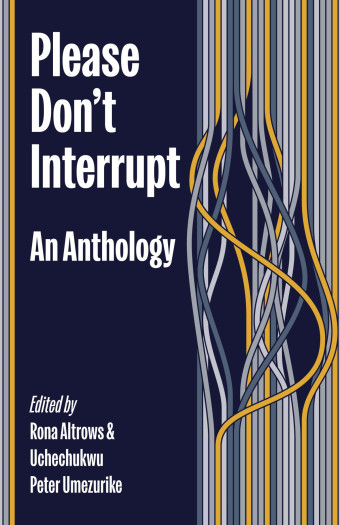An unusual type of sapling inspired Barbara Langhorst’s latest novel, The Winter-Blooming Tree. “We really did have a winter-blooming tree, although without an orchard or any of the conflict that ensues in the novel,” she says.
“I first wrote a scene where the protagonist finds the tree in the basement and then the other characters seemed to arrive.”

- The Winter-Blooming Tree
- Barbara Langhorst
- Palimpsest Press
- $18.95 Paperback, 250 pages
- ISBN: 978-19-89287-85-9
Thus, Langhorst embarked on her second work of fiction, a project that spanned five years. The novel is a compassionate, absorbing tale about an older couple and their adult daughter in rural Saskatchewan.
At the outset of The Winter-Blooming Tree, Ursula and Andreas, a couple in their sixties, are unhappy with their lives. They had previously worked as academics in Switzerland – Ursula as a botanist and Andreas as a mathematician – but settled for lesser jobs after immigrating to Humboldt.
Forty years later, Ursula suffers from memory loss, while Andreas is in denial about work insecurity and health-related problems. On top of everything else, their daughter Mia loses her job in the big city and moves back home. And no one is talking to anyone about their fears and worries. As a result, conflicts escalate, unravelling the marriage and plunging the family into chaos.
Written in succinct, sure-footed prose, the plot unfolds in the alternating voices of Ursula, Andreas, and Mia. “With three unreliable narrators,” says Langhorst, “I was able to let the tension build.” Is growth still possible? Or will the family collapse?
“All three characters mean so well and try their best, yet they are still so rigid in their different understandings of the world that they can’t even agree on a name for the new cat.”
_800_1000.png)
As for her choice of setting, Langhorst loves Humboldt and wanted to explore it in a new way. Most of the people who live there (even those who move home) are portrayed as quite happy, as opposed to Ursula and Andreas who aren’t satisfied with their lot in life.
Langhorst recently moved to Edmonton, but taught at St. Peter’s College in Muenster, Saskatchewan, for many years. Her first book, restless white fields, won the 2013 Robert Kroetsch Poetry Book Award in Alberta, as well as a Saskatchewan Arts Board Poetry Award. Her debut novel, Want, was a finalist for the 2019 Regina Public Library Book of the Year Award.
The novel as a form has much appeal for Langhorst. “I have always loved to lose myself in reading a novel – now I love to lose myself in writing one,” she declares.
“For me, the challenge is to make my fictional worlds seem true, but to test the limits of what we think of as reality in some fashion.”
Langhorst hopes this novel will inspire people to hold onto what is truly important to them, using any strategies they can come up with. She would also like readers to gain a sense that not everything has to happen according to schedule.
In other words, as she says, “Sometimes what appears to be total failure sets us up for the most meaningful encounters of our lives.”













